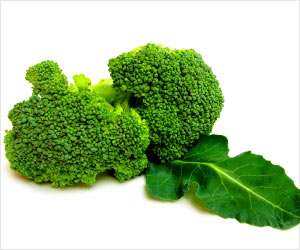The analysis of breast tissue from 239 women showed a higher likelihood of the presence of Bovine leukemia virus in breast cancer tissue.

The analysis of breast tissue from 239 women showed a higher likelihood of the presence of BLV in breast cancer tissue.
When the data was analysed statistically, the odds of having breast cancer if BLV were present was 3.1 times greater than if BLV was absent.
"This odds ratio is higher than any of the frequently publicized risk factors for breast cancer, such as obesity, alcohol consumption and use of post-menopausal hormones," said study lead author Gertrude Buehring, professor at University of California, Berkeley's School of Public Health.
They found that 59 percent of breast cancer samples had evidence of exposure to BLV.
By contrast, 29 percent of the tissue samples from women who never had breast cancer showed exposure to BLV.
Advertisement
"However, this is the most important first step. We still need to confirm that the infection with the virus happened before, not after, breast cancer developed, and if so, how," Buehring noted.
Advertisement
The study was published online in the journal PLOS ONE.
Source-IANS















